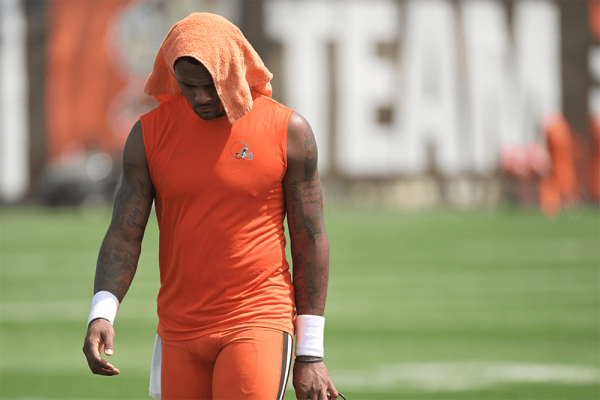Aug 5, 2022
The question, for all of us, is what do abusers gain by offering vague apologies? What are they trying to achieve? The men and their supporters are attempting to weaponize a Christian culture of unending forgiveness. While forgiveness is indeed a virtue, it should never come at the expense of those harmed. [John] Crist and [Deshaun] Watson (and their colleagues) refuse to properly repent, apologize, or seek to repair the harm they are accused of. Instead, they ask their victims — and us — to move on.
Read the Full Article

Already a subscriber? Login
